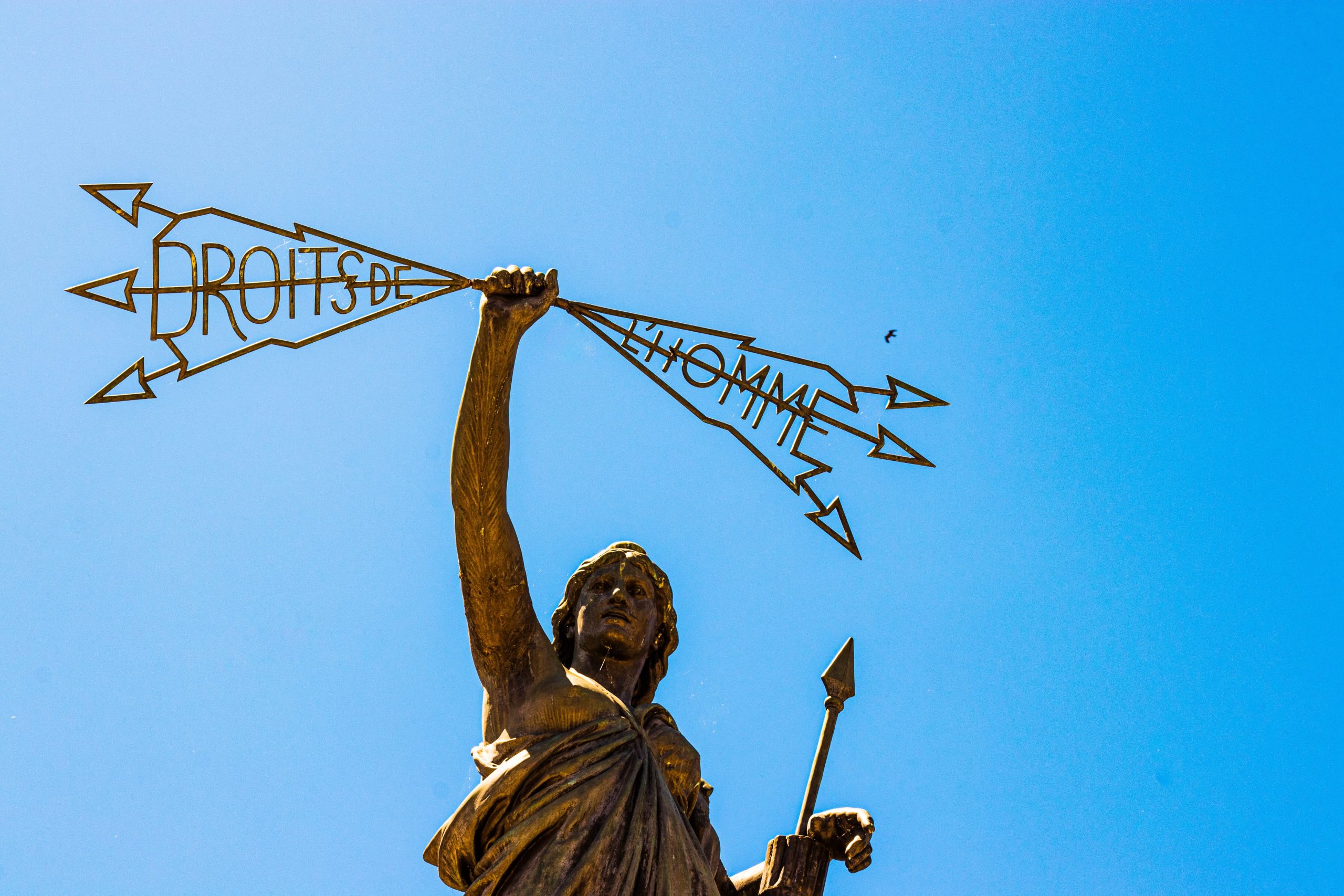On the surface these overseas outposts may appear similar but there are important differences between their legal rights
Vestiges of foreign outposts of the Netherlands, the UK, France and Denmark remain in the Caribbean and elsewhere however their constitutional structures, and the rights of the residents of those territories, vary greatly.
The Charter of the Kingdom
According to a recent report by Professors Gerhard Hoogers and Gohar Karapetian of Groningen University commissioned at the request of the Second Chamber of the Dutch Parliament in order to determine how, in light of the changed constitutional relations within that Kingdom since October 10, 2010 and the economic development of the Dutch Caribbean, other countries with similar satellite jurisdictions have grappled with their relationships, by including the constitutional relationship in the Charter of the Kingdom the Netherlands bestowed more rights on its former colonies than other countries that were included in the report.
The Dutch Kingdom went much further in the restructuring of its former colonies compared to France, the UK or Denmark by opting to create a constitutional arrangement known as the Charter separate from its Constitution. This act resulted in an extensive form of autonomy for the countries like Aruba, Curaçao and St. Maarten. Within the constitutional structure, the Netherlands and the other Kingdom countries are formally equal and the structure can only be amended with the permission of all countries.
Départements et Régions D’outre-mer
Conversely, France created an arrangement whereby its overseas territories fall directly under the French Constitution. While the French Constitution makes it possible to differentiate between its overseas territories, in practice they are largely integrated with France. Commonly known as overseas departments and regions (départements et régions d’outre-mer), these jurisdictions function more or less equally to the departments and regions of France itself. The collectivités d’outre-mer, such as Saint Martin and Saint Barths, have their own constitutions in the form of an organic law pursuant to which the constitutional organisation of that region and the power of their internal departments are secured.
British Overseas Territories
The UK differs the most from the other researched countries as it does not consider any of the 14 British Overseas Territories part of its state. In practice, the UK does not get involved with the internal government of the overseas territories. Instead they remain subject to and under the sovereignty of the UK particularly with respect to international law and policy. Further, there is no uniform arrangement for the relationship between the UK and its British Overseas Territories. Each territory has its own constitutional arrangement which is codified in the form of subsidiary legislation known as an Order in Council.
A few similarities do exist between the countries that were the subject of the research: the Netherlands, France, and Denmark all treat citizenship similarly with Dutch, French and Danish nationality the same in all parts of their respective states. The UK treats its territories differently. Each British Overseas Territory has its own separate citizenship and while British Overseas Territory citizens are entitled to British citizenship, that right is not reciprocal.




